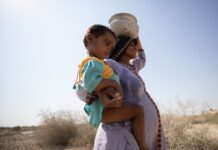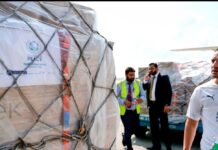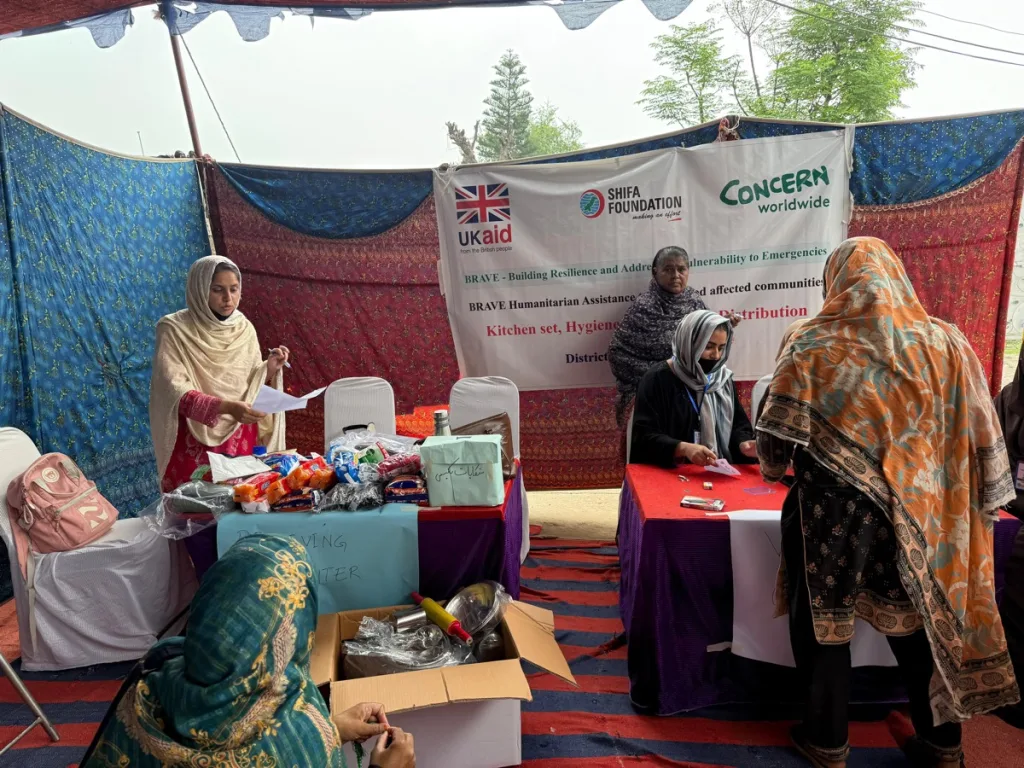
The United Kingdom has pledged £1.33 million in humanitarian aid to help Pakistan respond to the devastating impact of this year’s monsoon season, which has triggered flooding and landslides across Punjab, Gilgit-Baltistan and Khyber Pakhtunkhwa.
The support, announced this week, is expected to reach more than 223,000 people in seven badly affected districts. It will fund emergency food rations, mobile medical camps, rehabilitation of drinking water systems, restoration of irrigation channels, and help to restore livelihoods in flood-hit communities.
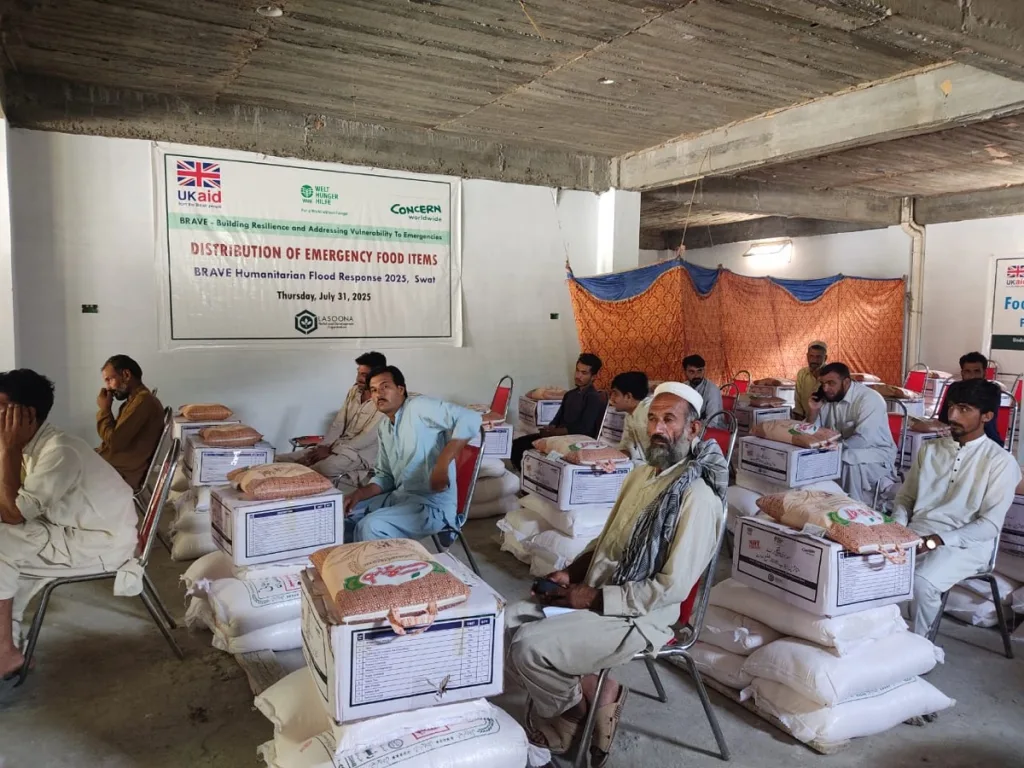
Jane Marriott CMG, OBE, the British High Commissioner to Pakistan, said the package underscored the UK’s commitment to long-term resilience: “Through UK-funded programmes, vital assistance is reaching communities affected by flooding and landslides.
“Working closely with national and provincial authorities and partners, the UK remains committed to strengthening Pakistan’s disaster response and resilience.”
As part of the programme, the UK has already trained 2,400 community volunteers in search and rescue operations. Twenty-five of them, from Charsadda, are currently supporting Rescue 1122’s emergency efforts in Buner, where many remain missing or trapped under debris.
With health facilities among the worst hit by the monsoon rains, mobile medical camps are being set up in remote areas to ensure continued access to treatment.
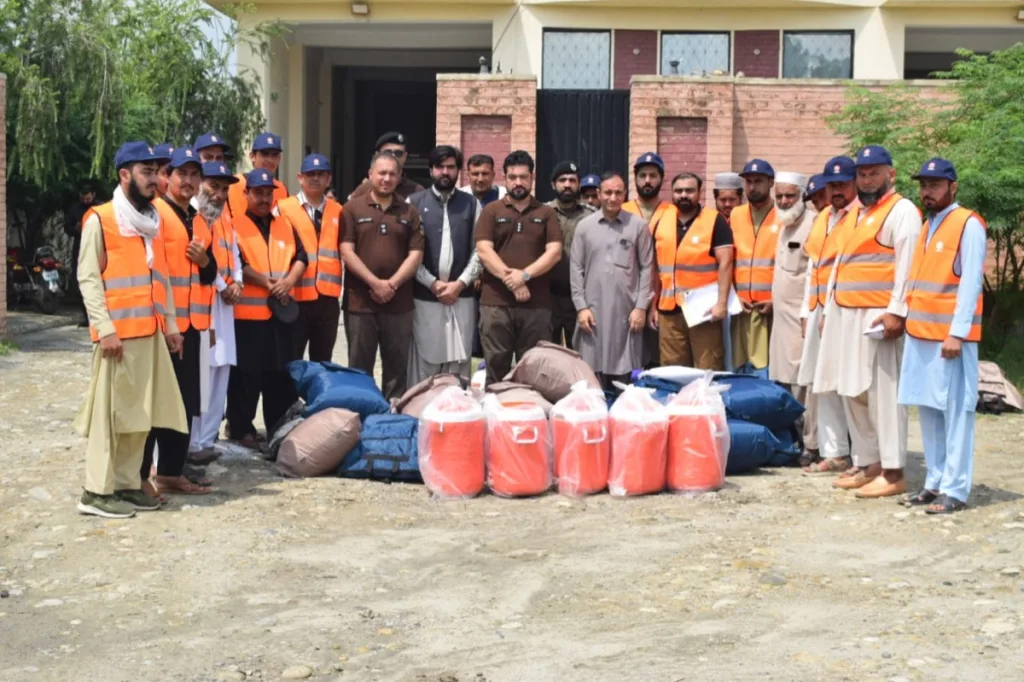
Families displaced by floodwaters are also receiving food parcels, shelter materials and dignity kits for women, while humanitarian coordination is being led by UN OCHA district teams in Swat and Buner to ensure aid is delivered effectively.
Beyond immediate relief, the UK is investing in future preparedness. Through its Subnational Governance programme, implemented by the UN Development Programme, it has supported the Government of Sindh to strengthen disaster readiness.
Piloted in Thatta, Naushero Feroz and Jamshoro, the initiative has already prompted the creation of dedicated Disaster Risk Reduction Wings at both provincial and district levels. A disaster preparedness dashboard – integrating local data on shelters, supplies and equipment – has also been developed and handed to provincial authorities to enable faster and more coordinated emergency responses.
The High Commissioner praised the bravery of Pakistan’s emergency services and community responders, sharing a video of trained volunteers working alongside Rescue 1122. “The courage and dedication of these teams is nothing short of heroic,” she said.
With climate change intensifying the frequency and severity of extreme weather across South Asia, the UK’s latest commitment is part of a broader effort to ensure Pakistan’s communities are not only rescued and rehabilitated, but better protected for the future.


